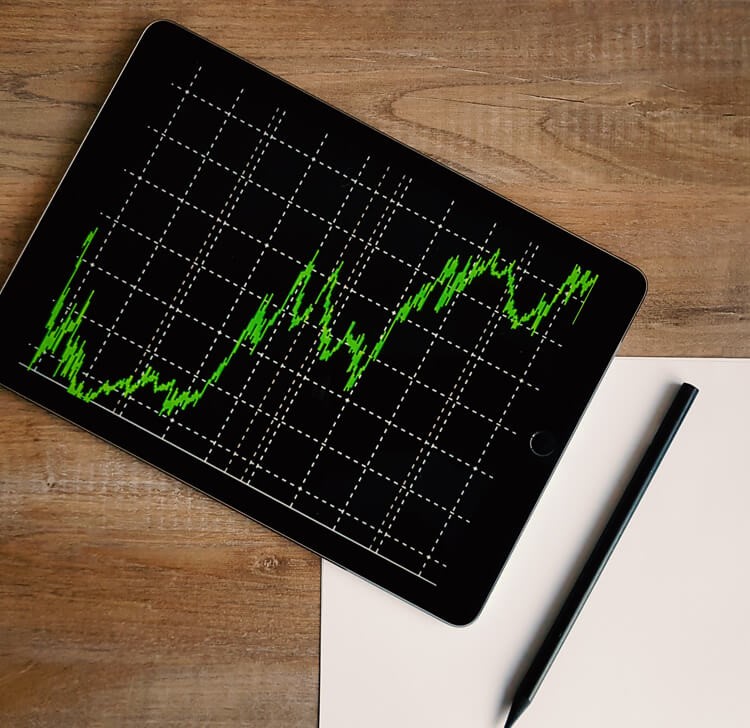Repo rate unchanged

Related links
No related links
Yesterday, the South African Reserve Bank (SARB) kept the repo rate unchanged at 3.5%. This was broadly in line with our, and the analysts’ consensus estimates. Furthermore, the policy decision was unanimous, however with a much-reduced hawkish undertone.
The immediate market reaction to yesterday’s policy guidance was the rand closing the day 87 basis-points (bps) weaker (R14.72) against the United States dollar, while long maturity government bonds (SAGBs) traded a touch offered (up 3.4 to 4.2 bps).
Benign demand-pull inflation and rising economic frailties are now pointing towards less pronounced second round effects. Notable layoffs in the non-agricultural formal sector, as well as a 37.5% increase in business liquidations in H1 2021 vs. H1 2020, currently suggests that structural economic growth will now take longer to re-establish its pre-pandemic trend. In the absence of robust trend growth, the SARB subsequently revised inflation lower in 2022, from 4.4% to 4.2%, suggesting a more sluggish ascend back to midpoint.
Risks to the short-term CPI outlook still emanate from rising oil prices, escalating electricity costs, and above headline food price inflation figures. The amended implied policy path of the SARB’s Quarterly Projection Model (QPM) currently indicates a repo rate increase of 25 bps in 2021 Q4 and in each quarter of 2022. While the SARB may withstand negative real short-term interest rates over the near-term, an accommodative encroachment towards positive territory is still essential in mitigating pass through and improving the outlook for net domestic savings.
To this end, we see no room for further monetary easing, with the SARB likely to embark on a gradual hiking cycle in the interest of steady economic recovery. The Forward Rate Agreement (FRA) market is of a similar view, pricing in a steadier lift-off after marginally lowering its 2021q4 hiking expectation to 71% from 74% at the last MPC meeting. The risk is that should the fiscal outlook further deteriorate, and we have persistent currency weakness, the SARB may need to consider a more aggressive hiking pace.

